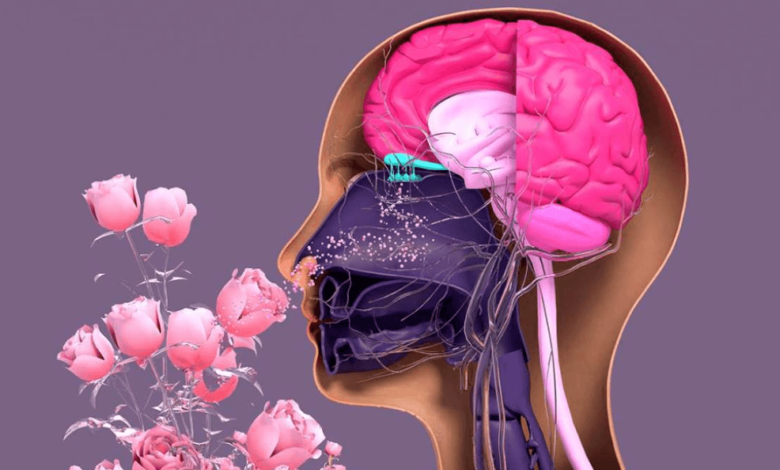Olfactory Fatigue Is When a Person

Olfactory Fatigue Is When a Person is a phenomenon where prolonged exposure to specific scents leads to a noticeable decline in an individual’s ability to detect those odors. This desensitization raises significant concerns, particularly when it comes to recognizing critical smells that could signal danger or affect daily activities. The implications of olfactory fatigue extend beyond mere inconvenience, potentially influencing both personal safety and quality of life. As we explore the nuances of this condition, one may wonder how such a seemingly trivial sense can wield such profound effects on our well-being.
Understanding Olfactory Fatigue
Olfactory fatigue, a phenomenon characterized by the diminished sensitivity to odors following prolonged exposure, plays a crucial role in understanding sensory adaptation and the mechanisms underlying olfactory perception.
This occurs due to the desensitization of olfactory receptors, which impairs the brain’s ability to register familiar scents.
Consequently, scent memory may also weaken, impacting the retrieval of previously associated olfactory experiences.
Effects on Daily Life
The impact of olfactory fatigue extends beyond mere sensory perception, influencing various aspects of daily life, including personal hygiene practices, culinary experiences, and environmental awareness.
Diminished scent recognition can impair individuals’ ability to detect odors critical for safety and enjoyment, while altered aroma preference may lead to less healthy dietary choices.
Such shifts ultimately affect overall well-being and quality of life.
Read Also Cute:7llwxshz61m= Boba
Tips for Overcoming Fatigue
Implementing strategies to mitigate olfactory fatigue can significantly enhance sensory acuity and improve overall quality of life.
Engaging in scent training, where individuals systematically expose themselves to a variety of aromas, fosters heightened olfactory sensitivity.
Additionally, aroma therapy, utilizing essential oils, can rejuvenate the olfactory system.
These methods empower individuals to reclaim their sensory experiences and promote a more vibrant existence, free from olfactory limitations.
Conclusion
In summary, Olfactory Fatigue Is When a Person represents a subtle decline in the ability to detect odors, akin to a dimming light that alters the perception of a once-vibrant landscape.
This phenomenon can significantly influence daily experiences, from safety awareness to culinary appreciation.
Addressing olfactory fatigue through strategic interventions can restore the richness of sensory encounters, enhancing both individual well-being and environmental interactions.
Recognizing the importance of olfactory acuity is essential for fostering an enriched quality of life.




